Plan S: Impact on Society Publishers
Plan S implementation guidance has not provided reassurance to anxious society publishers.

Send us a link
Plan S implementation guidance has not provided reassurance to anxious society publishers.

Over 1,200 researchers signed an open letter expressing concern about Plan S. Then Twitter came for them -- and, more particularly, for the woman who organized the letter.

We know that peer review is important and that the hard work of reviewers should be recognized. Yet we still don't really know how that recognition should work.

Plan S proposes to take a hammer to how we fund peer review and publication. Submission fees deserve serious consideration.

Essay on how traditional publishing works: its market mechanism and editorial strategy.

We continue our Peer Review Week celebrations with a roundup of articles about bias, diversity, and inclusion in peer review, by Alice Meadows, including eight lessons we can all learn from them.
A fresh mapping of open-science tools for the researcher workflow reveals numerous gaps and opportunities for software solutions in the name of scientific progress.
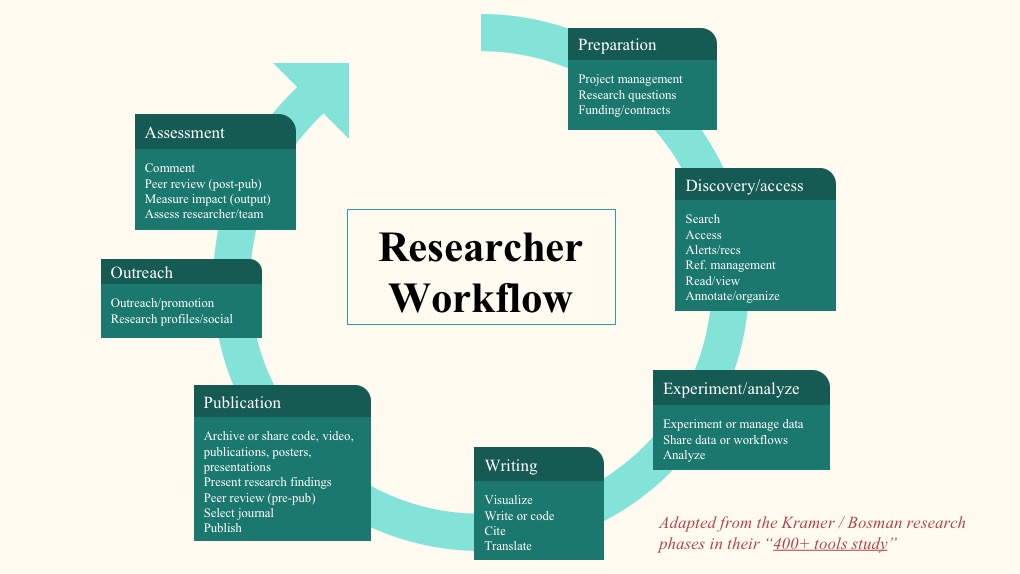
For social science and humanities researchers in many parts of the world there are significant barriers to conducting and sharing research, in some cases more so than for science and medicine. In this guest post, Dr. Naveen Minai provides a perspective as a gender studies researcher in Pakistan.
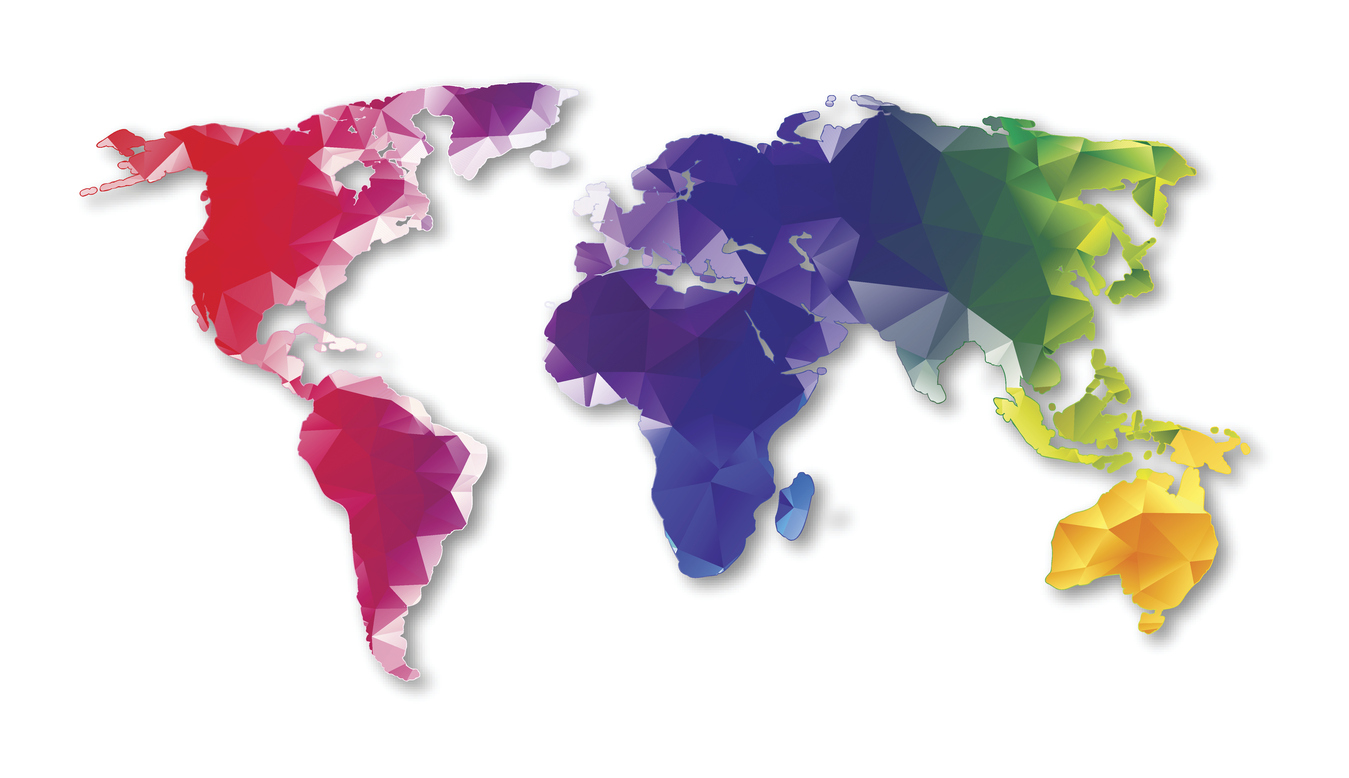
Thanks to a major new international research study, it's no longer possible to pretend that predatory journals are not a serious problem that needs serious attention.

Academic publishing is dominated by a small number of commercial firms. How can the academy take control of scholarly publishing?

A heuristic (exploratory) comparison of several new, free / mainstream academic search tools, concluding that their effectivness improves if an institution's library licenses them for off-campus authentication.

Rob Johnson looks at the growth of hybrid open access, and questions whether it will remain a reliable revenue stream for publishers.

Dr. Geraldine Cochran discusses why addressing equity is the first step in creating a diverse and inclusive organization.
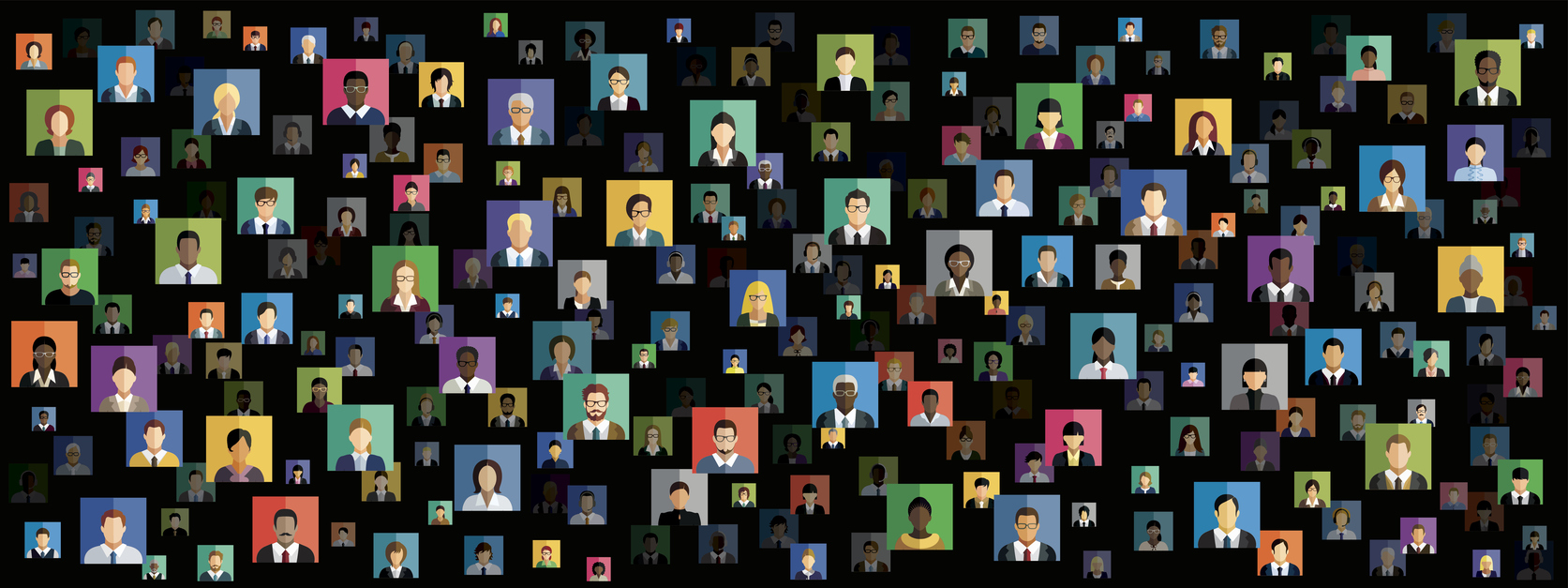
Google's journal about artificial intelligence (AI) coming from editors and authors associated with Google and Google Brain raises questions about conflicts, vanity publishing, and Google as a media company.

Shorter deadlines, email reminders, and cash incentives can speed up the peer review process and minimize unintended effects, a recent study suggests. Can it work for other disciplines?
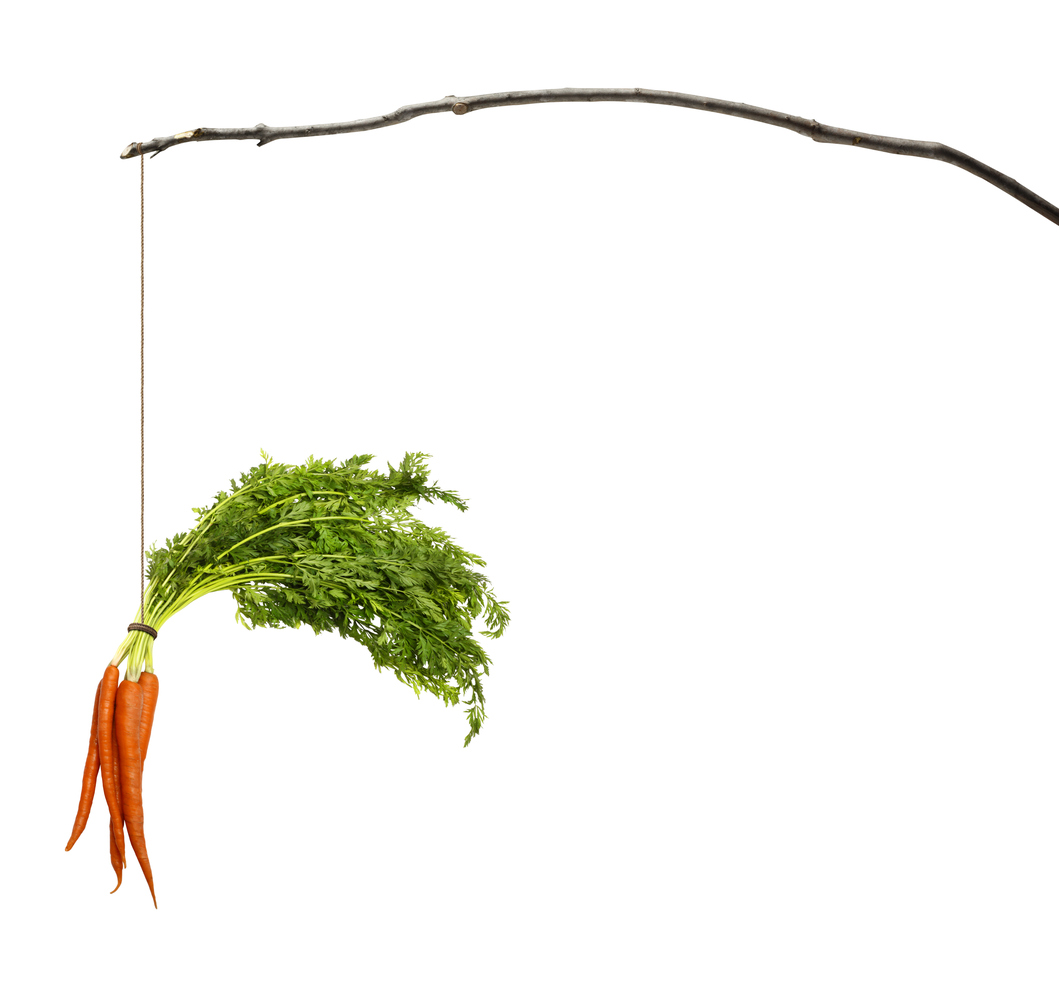
Now that many European library consortia are cancelling deals with publishers, how will libraries respond to a world of open access?

Why do authors continue to cite preprints years after they've been formally published? A citation is much more than a directional link to the source of a document. It is the basis for a system of rewarding those who make significant contributions to public science.
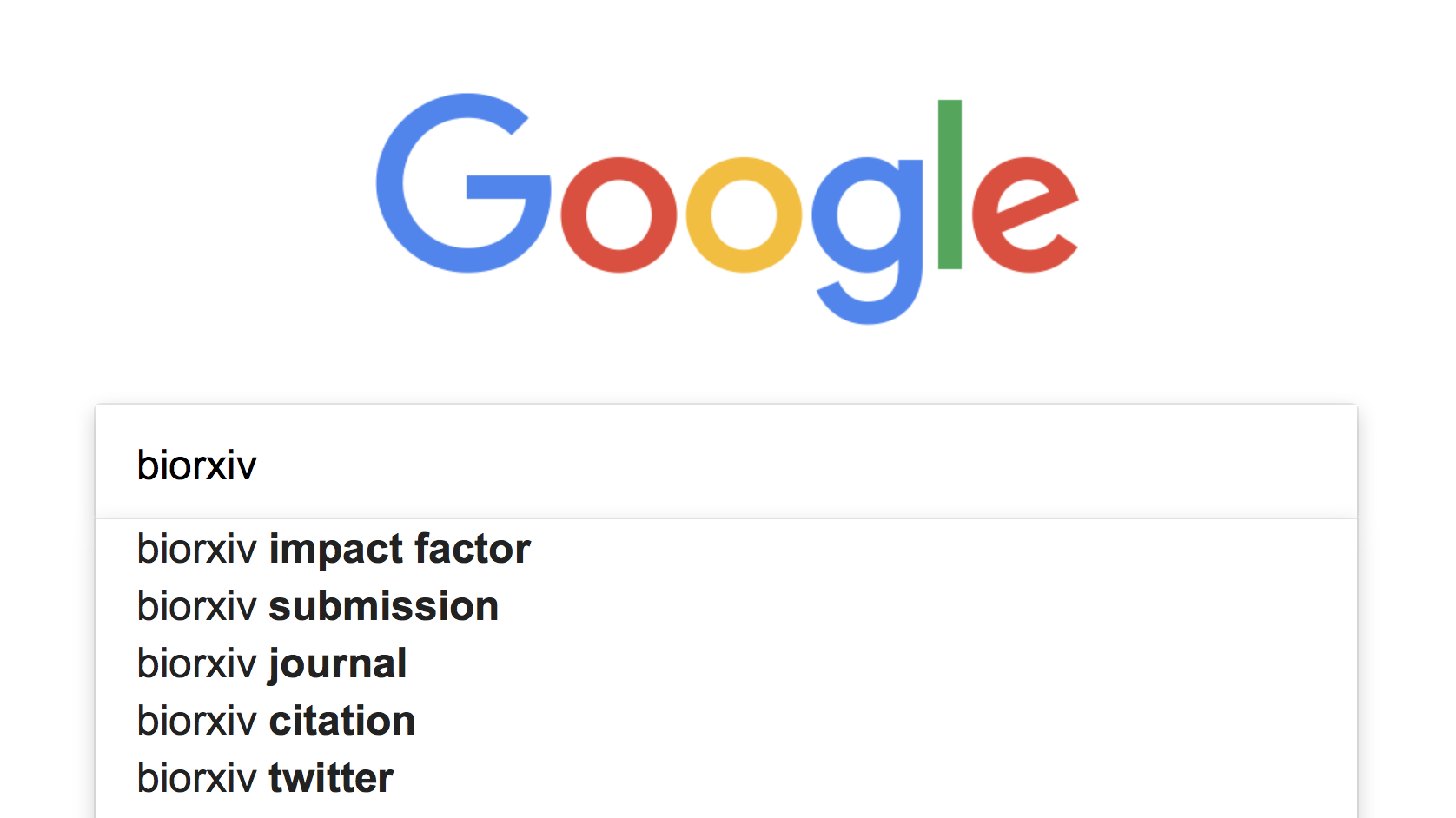
With the Springer Nature IPO in the offing, it's important to remember that publishing continues to outperform perception.

In the digital era, each publisher has established its own content platform, to the detriment of the researcher experience. Discovery is fragmented, leading to substantial library investment in order to provide single-index whole-collection search.
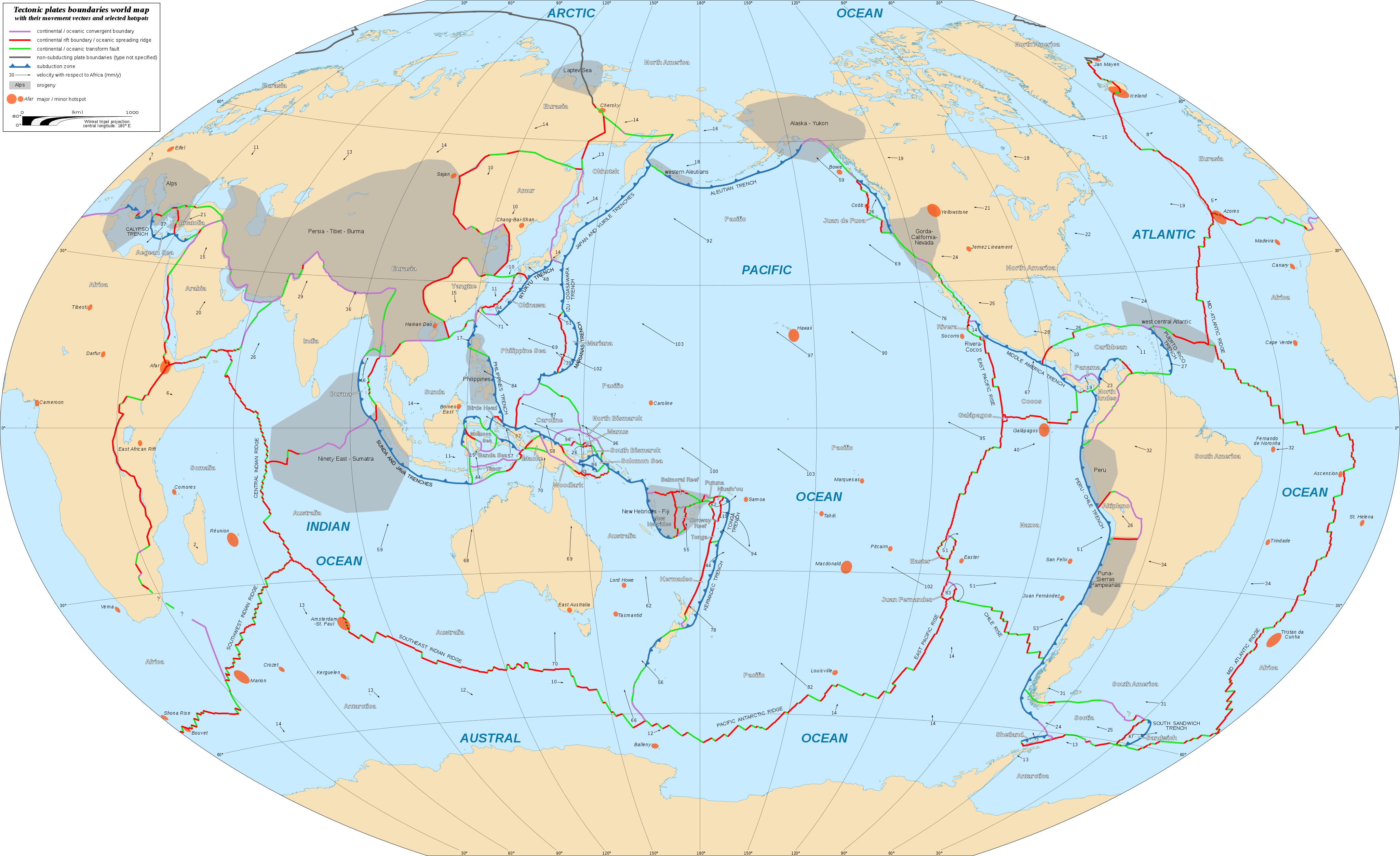
Sneha Kulkarni from Editage takes a look at the ever-increasing global scientific output, and asks questions about quantity versus quality.

Today, Clarivate is announcing that it recently acquired Kopernio, a startup launched last year to streamline access to scholarly content.

Firsthand account about the experience of racism in scholarly publishing, showing we have "a great deal of powerful and humbling work to do" to address racism and the white-dominated culture of our industry.
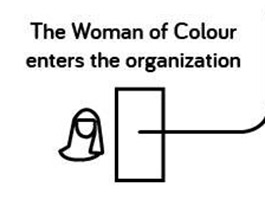
A flawed article claiming that manuscripts don't change much between being preprints and published articles somehow makes it through peer review unchanged.

Should we treat preprints the same way that we treat reviewed and published material? If so, how can we make that clear to readers?

Overlooking the need for paid Editorial Office staff hobbles many attempts to reform peer review.
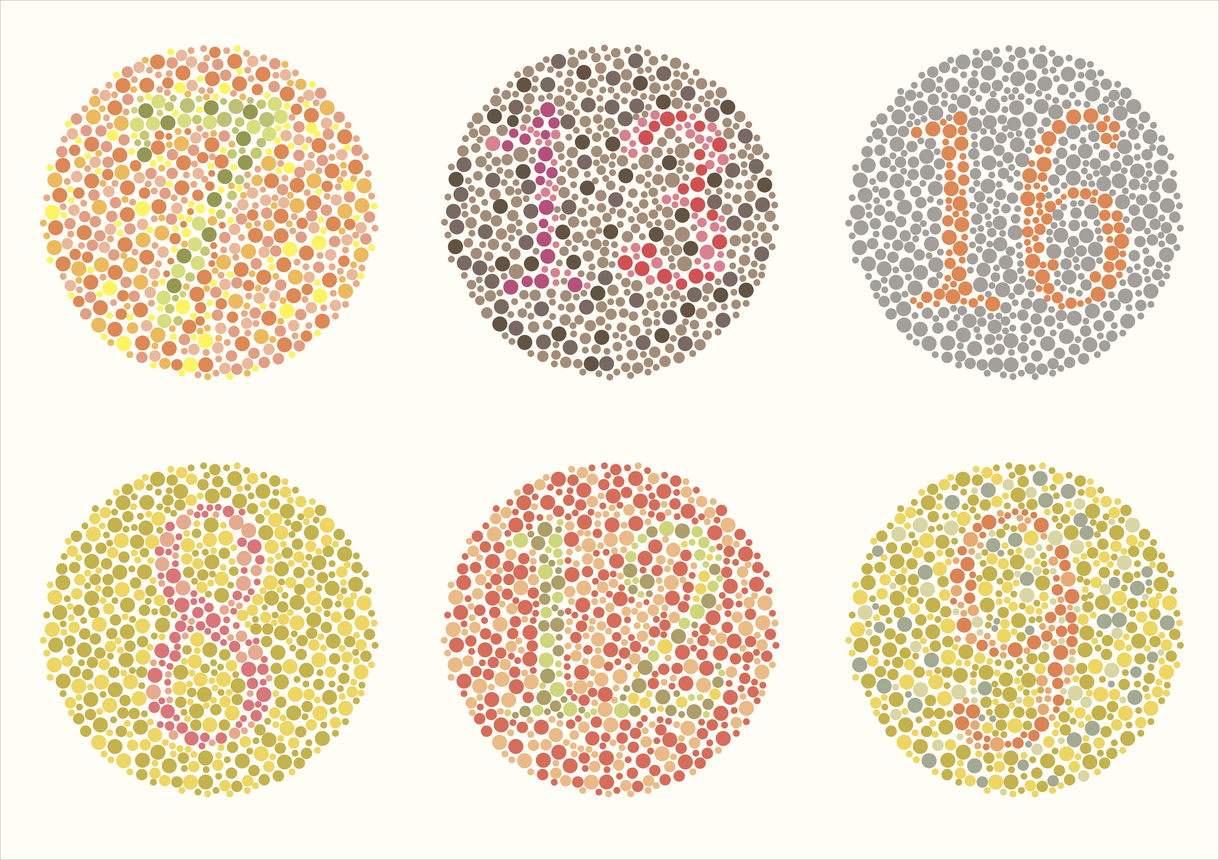
In 1940, the AAUP published a Statement on Academic Freedom. In 2018, it's time for it to be updated--and some items clarified.

Organizations launching OA journals have many choices to make. What are their technology options?

In the early days of digital, we were led to believe that the economics of scarcity would be repealed by the removal of supply constraints in the digital world. But that hasn’t happened.

Elsevier is often thought to be the enemy of academic libraries, but in fact its practices improve libraries and lower costs.
